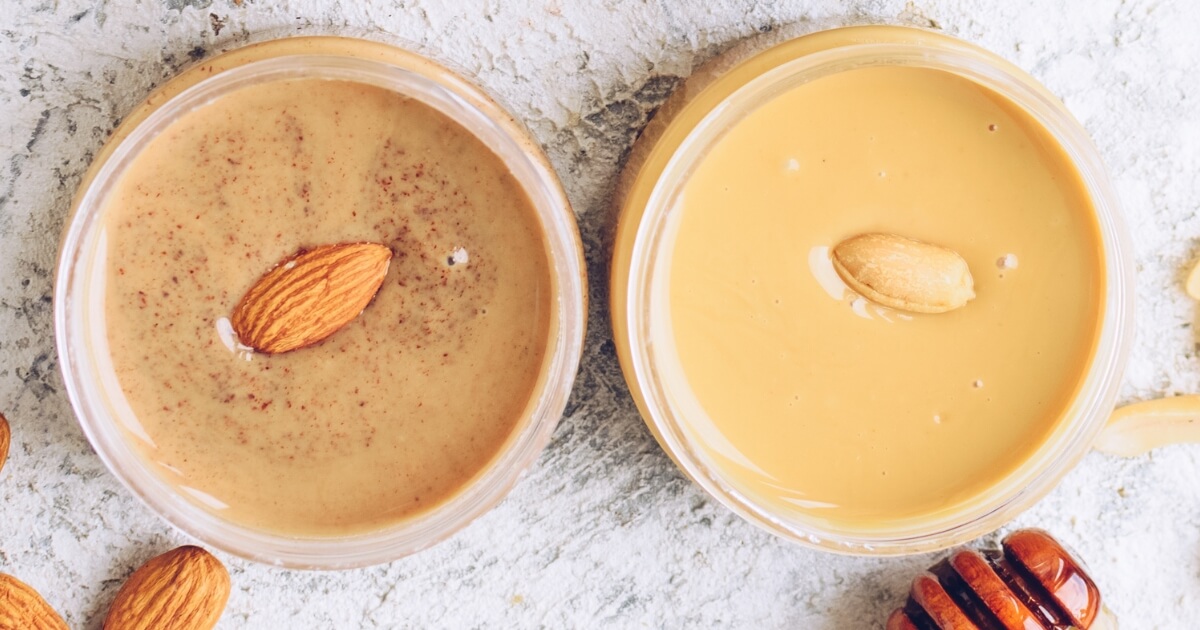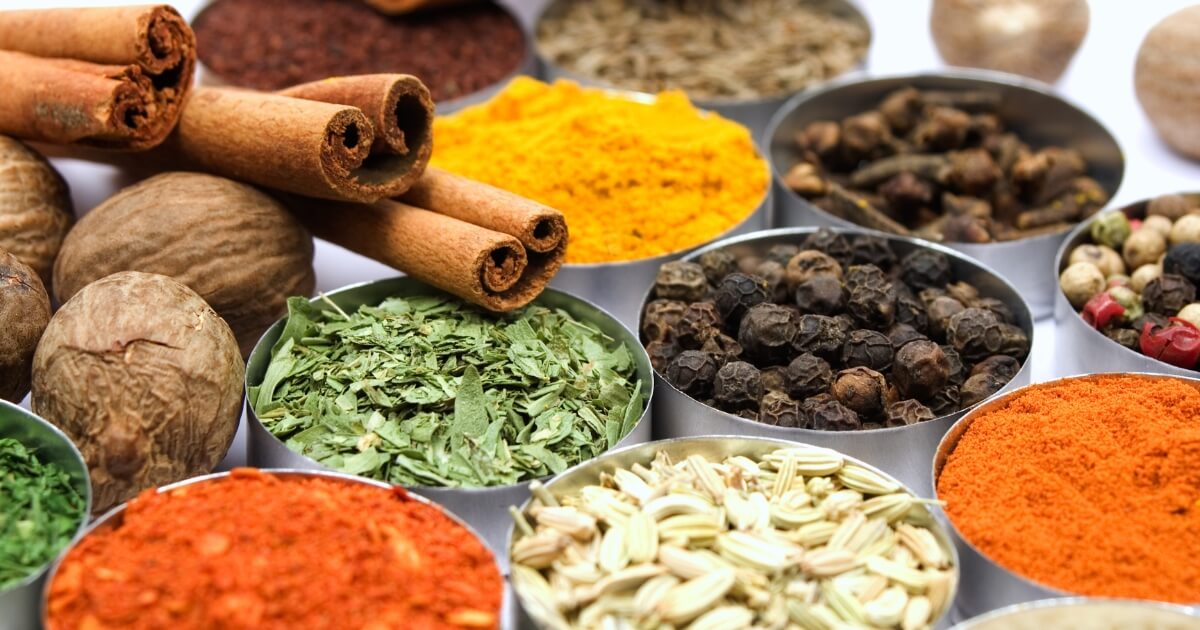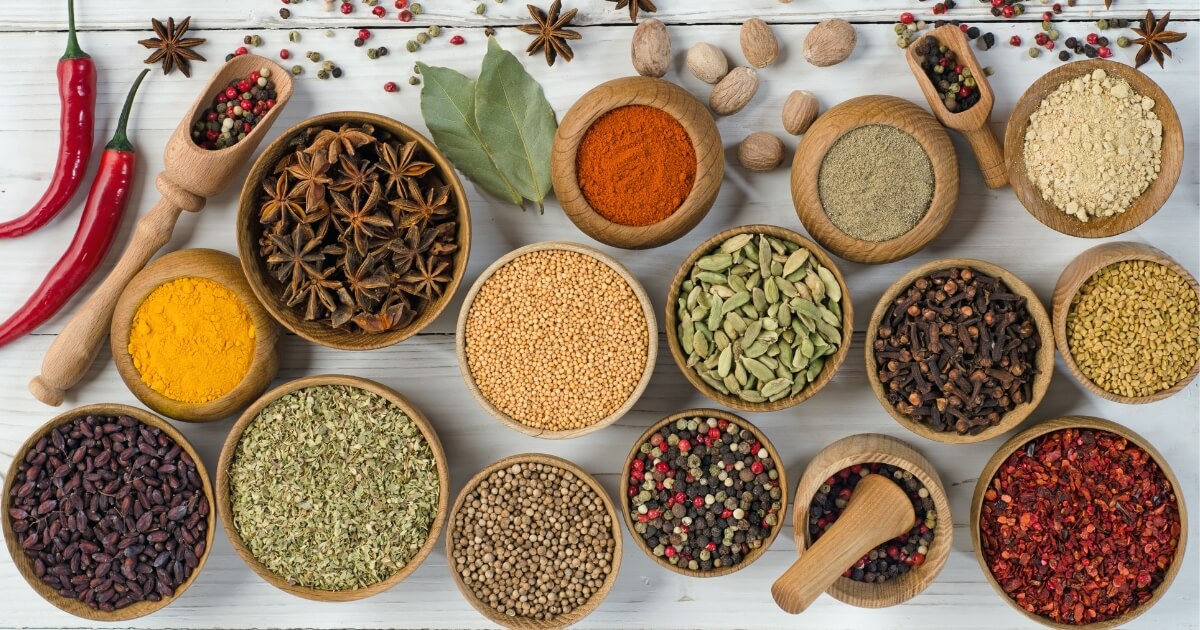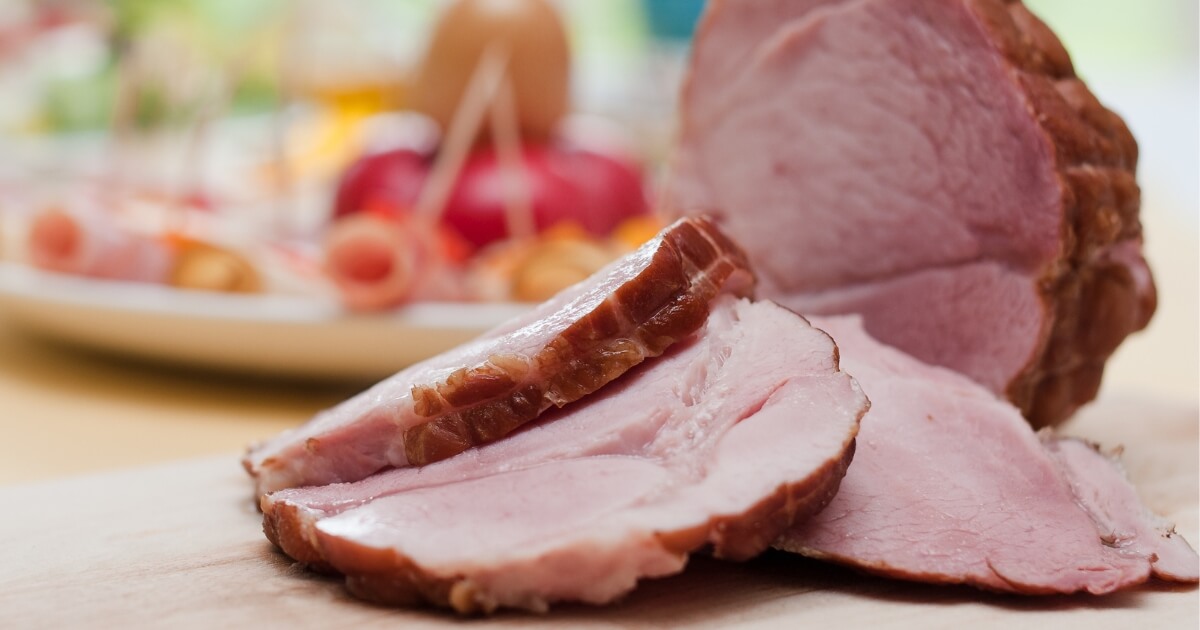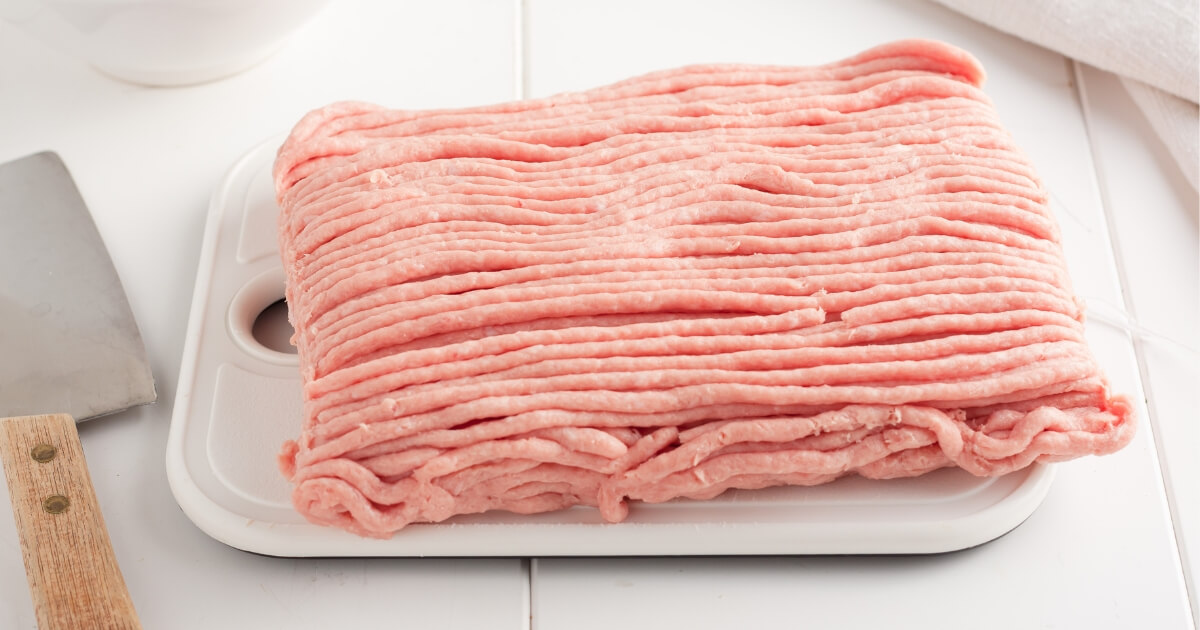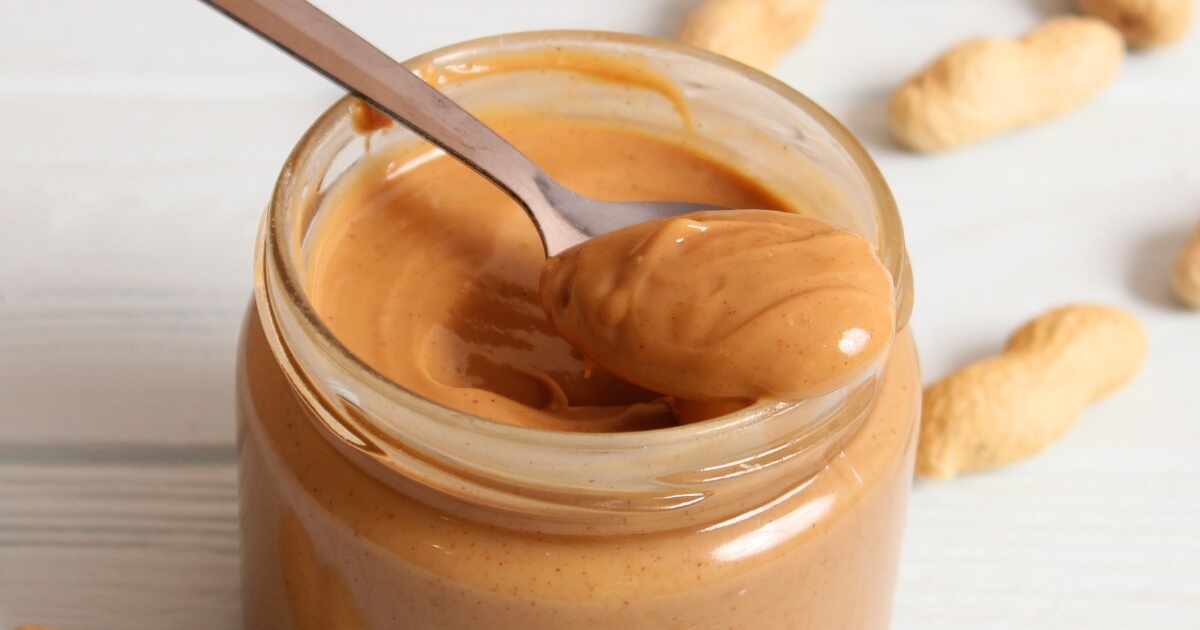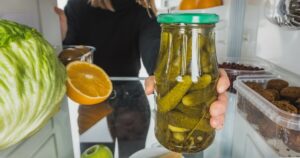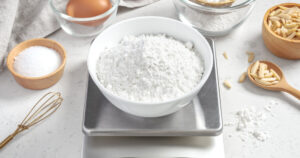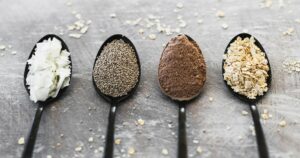Pumpkin pies are made with cooked, pureed pumpkin, eggs, milk, cream, sugar, and spices. And all of these ingredients have a shelf life that can affect the overall pie. Which begs the question, how long is pumpkin pie good for?
While I strongly promote that pumpkin pie should be kept in the fridge, I’ll cover all storage options for homemade and store-bought pumpkin pies and how they differ. Here the things you should consider for pumpkin pies for Thanksgiving and Christmas to keep you and your family safe.
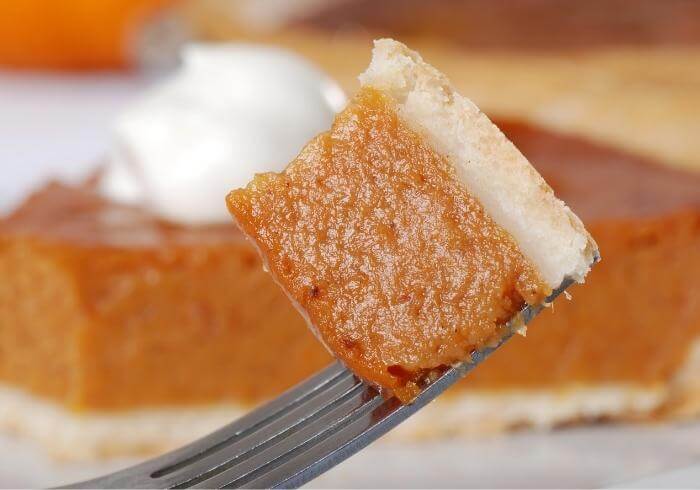
How Long Does Pumpkin Pie Last in the Fridge?
Store-bought pumpkin pie that is sold at room temperature is usually good for up to a week in the fridge if the date is still before the sell-by or best-by date, while refrigerated homemade pumpkin pie only lasts three to four days before it starts to lose its freshness.
Some store-bought pumpkin pies are sold refrigerated and should remain refrigerated to preserve their shelf life. Those pies do not contain preservatives like the room-temperature pies and will spoil quickly when left out.
Overall, whether you’re serving store-bought or homemade, you should keep pumpkin pie refrigerated until you’re ready to serve it. If you’re not sure, here is a guide on how to tell if pumpkin pie is bad.
How Long Does Pumpkin Pie Last on the Counter?
Pumpkin pie can last for up to two hours on the counter before bacteria growth starts to become a problem making it unsafe to eat. After that, it should be stored in the fridge, where it will keep for another two to three days at most.
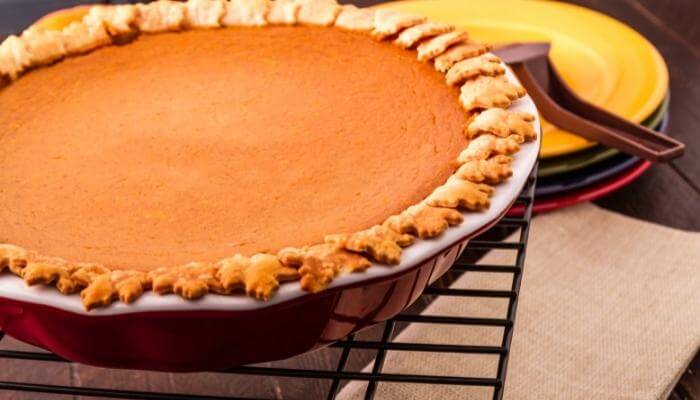
Do not keep taking your pumpkin pie in and out of the fridge for 2 hours at a time every day. Bacteria that grow on and an in your pie only slow their growth at lower temperatures and do not eliminate them. So after the initial growth spurt, it simply becomes exponential as the temperature rises.
At some point, your delicious pumpkin pie will go bad and turn into a bacteria-laden disaster. Keep it refrigerated from the get-go to avoid food poisoning and keep it from sweating.
How Long Does Pumpkin Pie Last In The Freezer?
To make your pumpkin pie last longer, you can freeze it. Pumpkin pie will keep in the freezer for 2-3 months. When you’re ready to serve your pumpkin pie, thaw it overnight in the fridge.
Freezing your pumpkin pie is a good way to prepare for Christmas or Thanksgiving holiday gatherings. You can make pumpkin pie ahead of time or buy them from the grocery store without worrying about it going bad.
Remember to wrap your pie tightly in plastic wrap before freezing to help prevent freezer burn.
If your fresh pumpkin pie came in a box, take it out and wrap it. Put a piece of masking tape on it and write the date on it with a Sharpie so that you know when it was frozen.
Pumpkin Pie Shelf Life FAQs
How Long Does Costco Pumpkin Pie Last?
The delicious Kirkland pumpkin pies at Costco are often labeled with a best-before date three to four days after the date that it was packed. If you’ve bought one too far ahead, it’s best to slice and freeze it as soon as you get home.
Can You Store Pumpkin Pie At Room Temperature?
While store-bought pumpkin pies are bought at room temperature, it’s best stored in the fridge as soon as you get home and not keep it out for more than two hours.
How Long Does Pumpkin Pie Last After Sell-By Date?
Pumpkin pie is often made with preservatives that help to extend its shelf life, but it’s best to serve and eat it within a few days of the sell-by date for optimal freshness. It may not be bad, but the taste, texture, and color will have degraded into a less-than-appetizing dessert.

